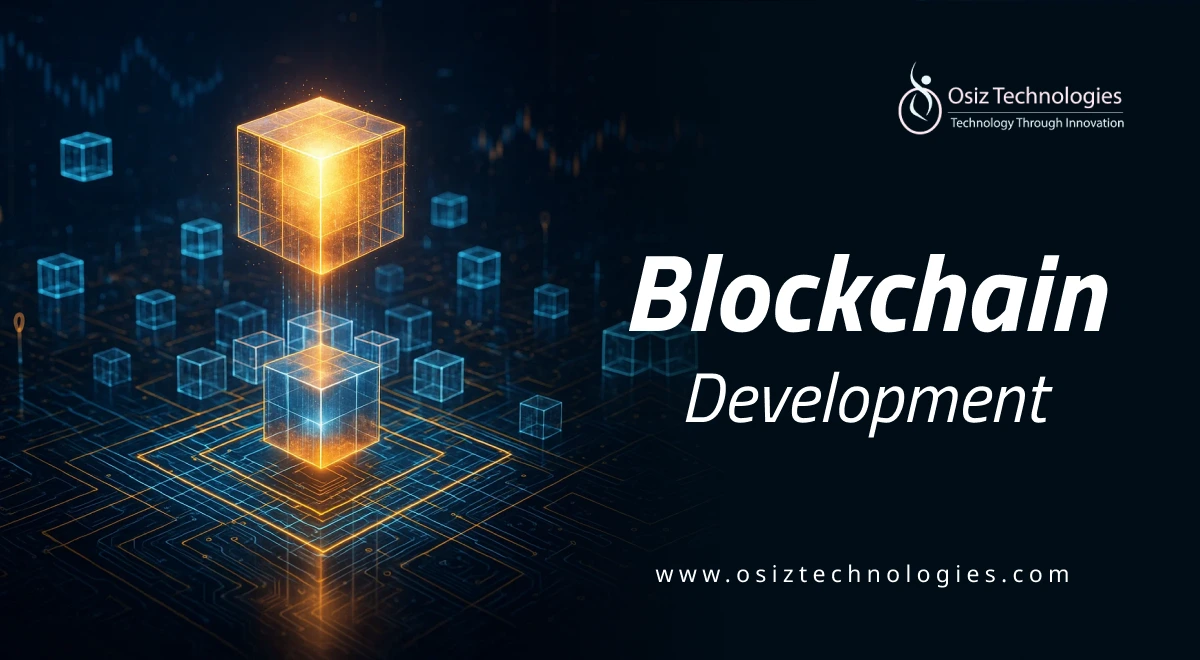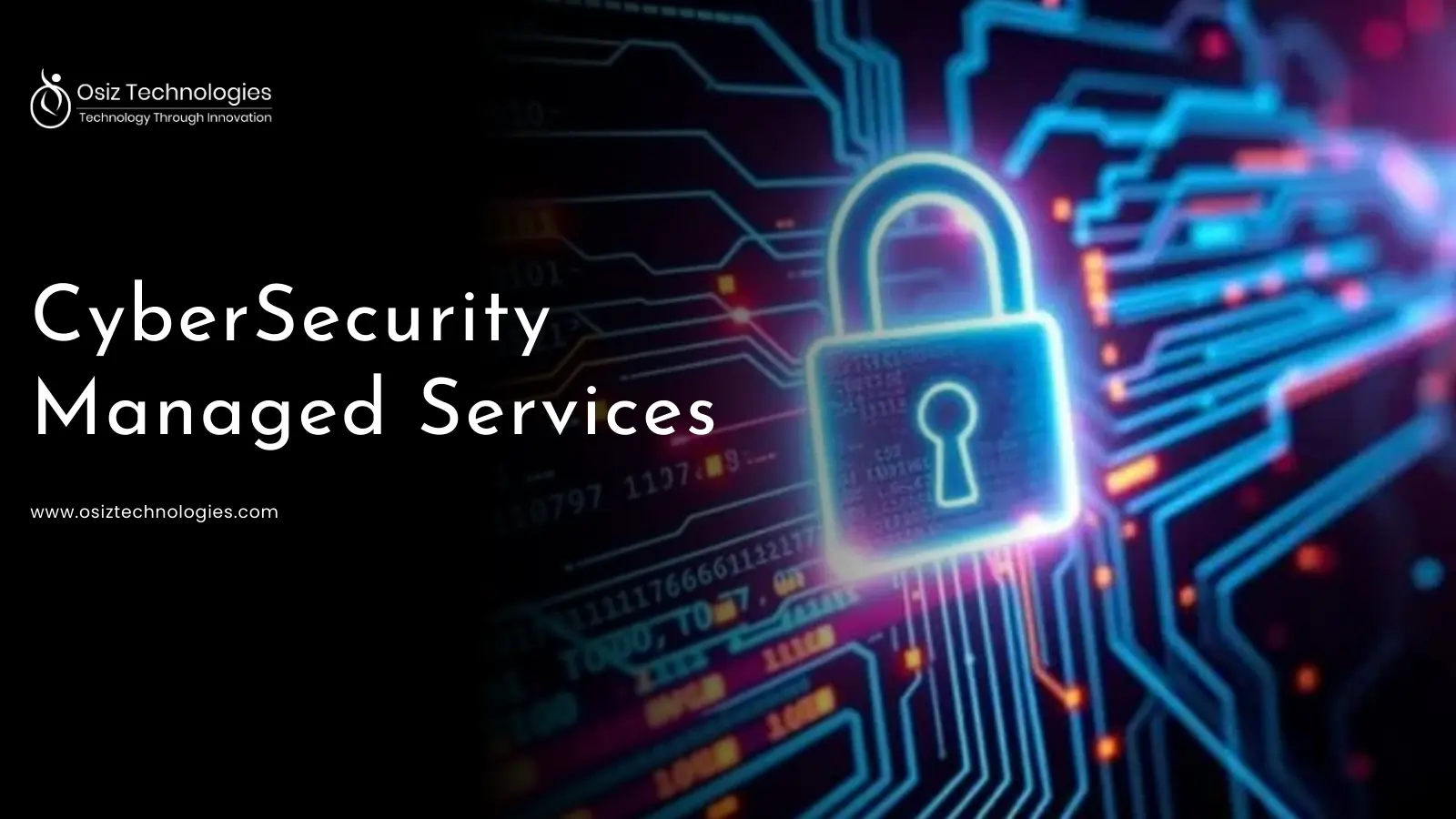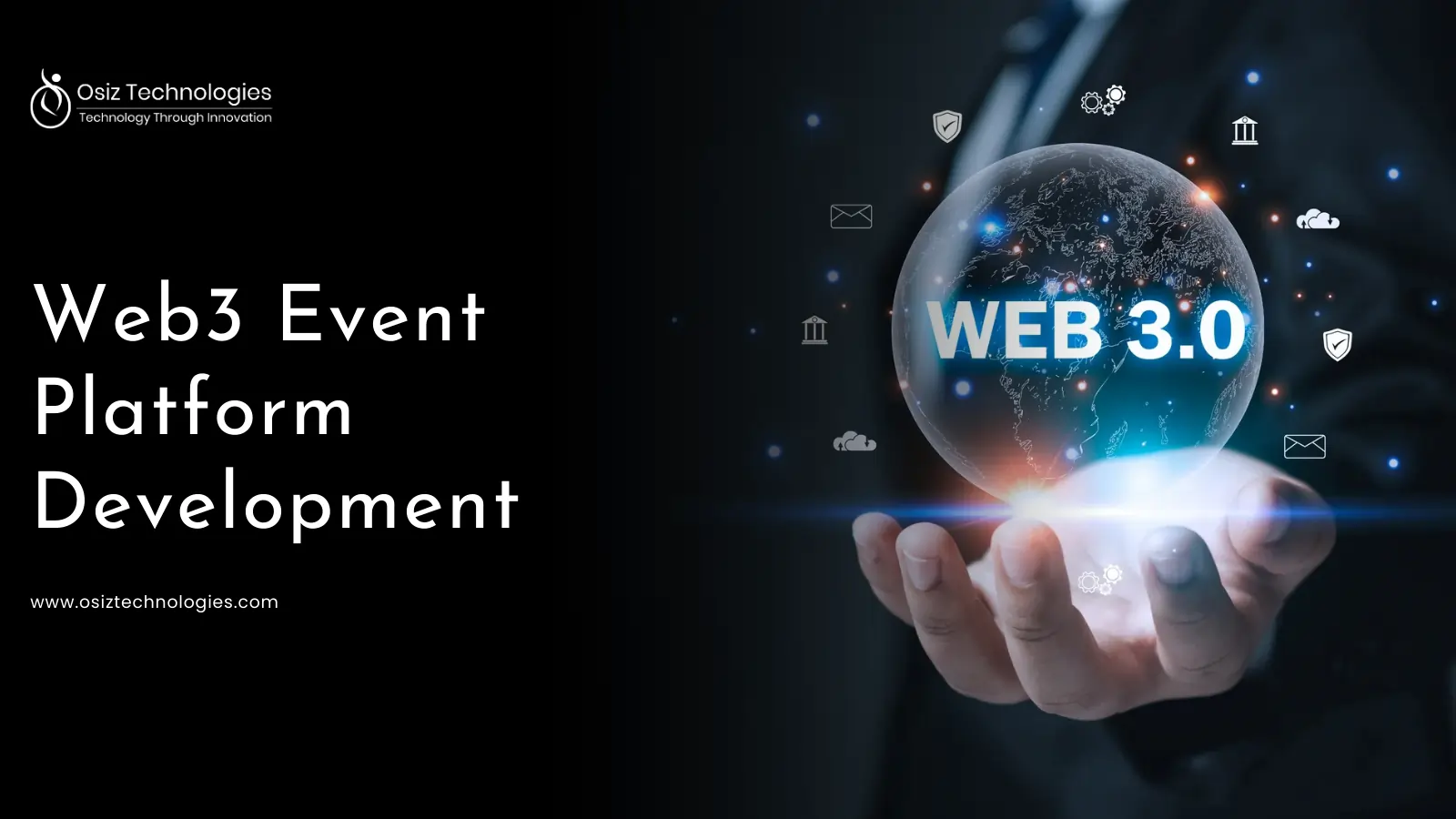In the rapidly evolving world of blockchain technology, selecting the right development platform is crucial for the success of your project. With a plethora of options available, it can be daunting to navigate through the features, benefits, and limitations of each platform. This article explores the best blockchain development platforms, delving into their unique capabilities, use cases, and the factors that make them stand out in the crowded landscape of blockchain solutions.
Understanding Blockchain Development Platforms
Before diving into the specifics, it's essential to understand what a blockchain development platform entails. These platforms provide developers with the tools and infrastructure necessary to build decentralized applications (dApps), smart contracts, and other blockchain-related solutions. They vary in terms of scalability, transaction speed, security, and ease of use, making it vital to choose one that aligns with your project’s goals.
1. Ethereum: The Pioneer of Smart Contracts
Ethereum is often regarded as the gold standard in blockchain development. Launched in 2015, it introduced the concept of smart contracts, which are self-executing contracts with the terms of the agreement directly written into code. Ethereum boasts a robust ecosystem with a wide range of tools and resources, making it an attractive choice for developers.
Key Features
- Smart Contracts: Automate complex transactions without intermediaries.
- Large Developer Community: Extensive support and resources available.
- Interoperability: Works with various tokens and dApps.
Use Cases
Ethereum is ideal for projects that require complex functionalities, such as decentralized finance (DeFi) applications and non-fungible tokens (NFTs). Its established network also ensures high liquidity, although users should be mindful of gas fees, which can range from $2 to $50.
2. Solana: Speed and Scalability
Solana has emerged as a formidable player in the blockchain space, known for its high throughput and low transaction costs. With the ability to process over 3,000 transactions per second (TPS) and fees often below $0.01, Solana is designed for high-performance applications.
Key Features
- High Throughput: Supports a large number of transactions simultaneously.
- Low Fees: Cost-effective for developers and users alike.
- Growing Ecosystem: Rapidly expanding network of dApps and projects.
Use Cases
Solana is particularly well-suited for applications in gaming, DeFi, and real-time data processing, where speed is critical. Its architecture allows for seamless scaling, making it an attractive option for developers looking to build innovative solutions.
3. Polygon: Layer 2 Scaling Solution
Polygon, formerly known as Matic Network, is a Layer 2 scaling solution for Ethereum that enhances its capabilities. By providing faster and cheaper transactions, Polygon addresses some of Ethereum's limitations while maintaining its security and decentralization.
Key Features
- Scalability: Increases transaction speed and reduces costs.
- Interoperability: Works seamlessly with Ethereum and other networks.
- Developer-Friendly: Easy integration with existing Ethereum dApps.
Use Cases
Polygon is ideal for projects that require high throughput and low fees, such as gaming platforms and NFT marketplaces. Its compatibility with Ethereum also allows developers to leverage the existing ecosystem while enhancing performance.
4. BNB Chain: The Binance Ecosystem
BNB Chain, developed by Binance, is a blockchain platform designed for decentralized applications and smart contracts. It offers a unique combination of speed, low transaction costs, and robust security features.
Key Features
- Fast Transactions: Approximately 160 TPS with low fees (around $0.10).
- Strong Security: Built on Binance's established infrastructure.
- Diverse Use Cases: Supports various applications, from DeFi to NFTs.
Use Cases
BNB Chain is particularly popular among developers focusing on DeFi projects and crypto wallets, thanks to its efficient transaction processing and security features.
5. Hyperledger: Enterprise-Grade Solutions
Hyperledger is an open-source collaborative effort hosted by the Linux Foundation, aimed at advancing cross-industry blockchain technologies. It is particularly well-suited for enterprises looking for private and permissioned blockchain solutions.
Key Features
- Modular Architecture: Flexibility to customize solutions based on needs.
- Privacy Features: Supports confidential transactions.
- Strong Governance: Backed by industry leaders.
Use Cases
Hyperledger is ideal for industries such as finance, supply chain, and healthcare, where privacy and security are paramount. Its modular approach allows businesses to tailor solutions to their specific requirements.
6. Cardano: Research-Driven Development
Cardano is a blockchain platform that emphasizes a research-driven approach to development. It aims to provide a more secure and scalable platform for dApps and smart contracts.
Key Features
- Proof of Stake: Energy-efficient consensus mechanism.
- Layered Architecture: Enhances scalability and security.
- Focus on Research: Built on peer-reviewed academic research.
Use Cases
Cardano is suitable for projects that prioritize sustainability and security, making it a popular choice for academic and governmental applications.
7. Tezos: On-Chain Governance
Tezos is a self-amending blockchain that features on-chain governance, allowing stakeholders to vote on protocol upgrades. This unique feature ensures that the network can evolve without the need for forks.
Key Features
- On-Chain Governance: Stakeholders can propose and vote on changes.
- Formal Verification: Enhances security through mathematical proofs.
- Smart Contracts: Supports complex decentralized applications.
Use Cases
Tezos is particularly well-suited for projects that require adaptability and security, such as financial services and supply chain management.
8. Avalanche: High-Performance Blockchain
Avalanche is a highly scalable blockchain platform that supports the creation of custom blockchains and dApps. Its unique consensus mechanism allows for rapid transaction finality.
Key Features
- Custom Blockchains: Create tailored solutions for specific needs.
- High Throughput: Processes thousands of transactions per second.
- Low Latency: Achieves near-instant transaction finality.
Use Cases
Avalanche is ideal for projects that require high performance and flexibility, such as DeFi applications and enterprise solutions.
9. Algorand: Fast and Secure
Algorand is designed for speed and security, offering a unique consensus mechanism that allows for quick transaction processing without compromising decentralization.
Key Features
- Pure Proof of Stake: Enhances security and decentralization.
- Fast Transactions: Processes thousands of transactions per second.
- Developer-Friendly: Easy to build and deploy applications.
Use Cases
Algorand is suitable for a wide range of applications, including finance, supply chain, and digital identity solutions.
10. EOSIO: High-Performance dApps
EOSIO is a blockchain platform designed for high-performance decentralized applications. It focuses on scalability and user-friendliness, making it an attractive option for developers.
Key Features
- Scalability: Supports thousands of transactions per second.
- User-Friendly: Easy for developers to build applications.
- Flexible Governance: Allows for community-driven decision-making.
Use Cases
EOSIO is particularly well-suited for gaming and social applications, where high performance and user engagement are crucial.
Conclusion: Choosing the Right Platform
Selecting the best blockchain development platform depends on your project's specific needs, including scalability, transaction speed, and cost. Each platform offers unique features and capabilities, making it essential to evaluate them based on your requirements. Whether you are building a DeFi application, NFT marketplace, or enterprise solution, understanding the strengths of each platform will empower you to make an informed decision. For expert guidance and tailored solutions in blockchain development, connect with osiztechnologies.
Listen To The Article
Recent Blogs

Avail
30% Off












